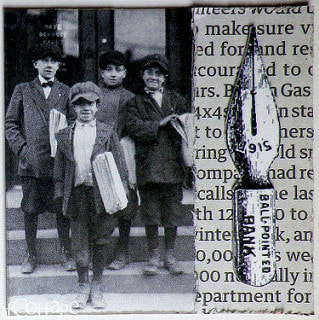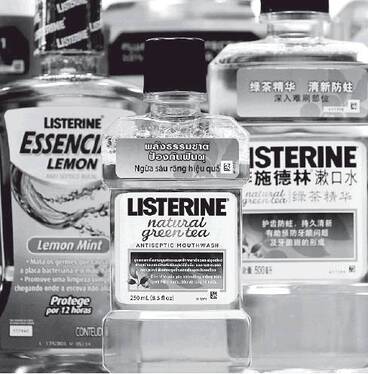Contrary to some of the buzz about mouthwash, a daily gargle is probably not going to protect you from the novel coronavirus. Instead, experts say new research has “promising” implications to help infected individuals reduce their risk of spreading the virus.
“It’s an exciting avenue,” said Nicholas Rowan, an ear, nose and throat surgeon and assistant professor at Johns Hopkins Medicine. “ I think it’s also important to realize that it’s not an instant solution.”
Here’s what those studies actually mean, and why scientists say we should view them with cautious enthusiasm.
Over the past several months, researchers in the U.S. and abroad have examined mouthwashes, oral antiseptics and nasal rinses in controlled laboratories to see whether they can inactivate coronaviruses.
A team in Germany found that when several products, including Listerine, were applied to strains of the novel coronavirus for 30 seconds, they “significantly reduced viral infectivity to undetectable levels,” said a study in the Journal of Infectious Diseases.
Researchers at Pennsylvania State University College of Medicine released similar findings. A 1% solution of baby shampoo was also shown to inactivate the virus after two minutes , the study said.
Craig Meyers, the study’s lead researcher, noted that the focus of the research was to find a way to lower transmission in situations where masking and distancing might not be an option, such as during dental procedures. The findings do not necessarily mean using mouthwash or rinses will protect you from getting infected, Rowan said.
The studies have limitations. The experiments were conducted in labs and may not reflect what happens in humans. Researchers also don’t know how long an infected person’s mouth might stay virus-free after using mouthwash.
Although the findings are “intriguing,” they are “not yet at the point where the average person can use them,” said Hana Akselrod, an infectious-disease physician at George Washington University. “If people were to stop wearing masks and observing social distancing because they think having everyone gargle is going to prevent viral spread … that could be a big mistake, and it would cause more disease and death.”



 RSS Feed
RSS Feed